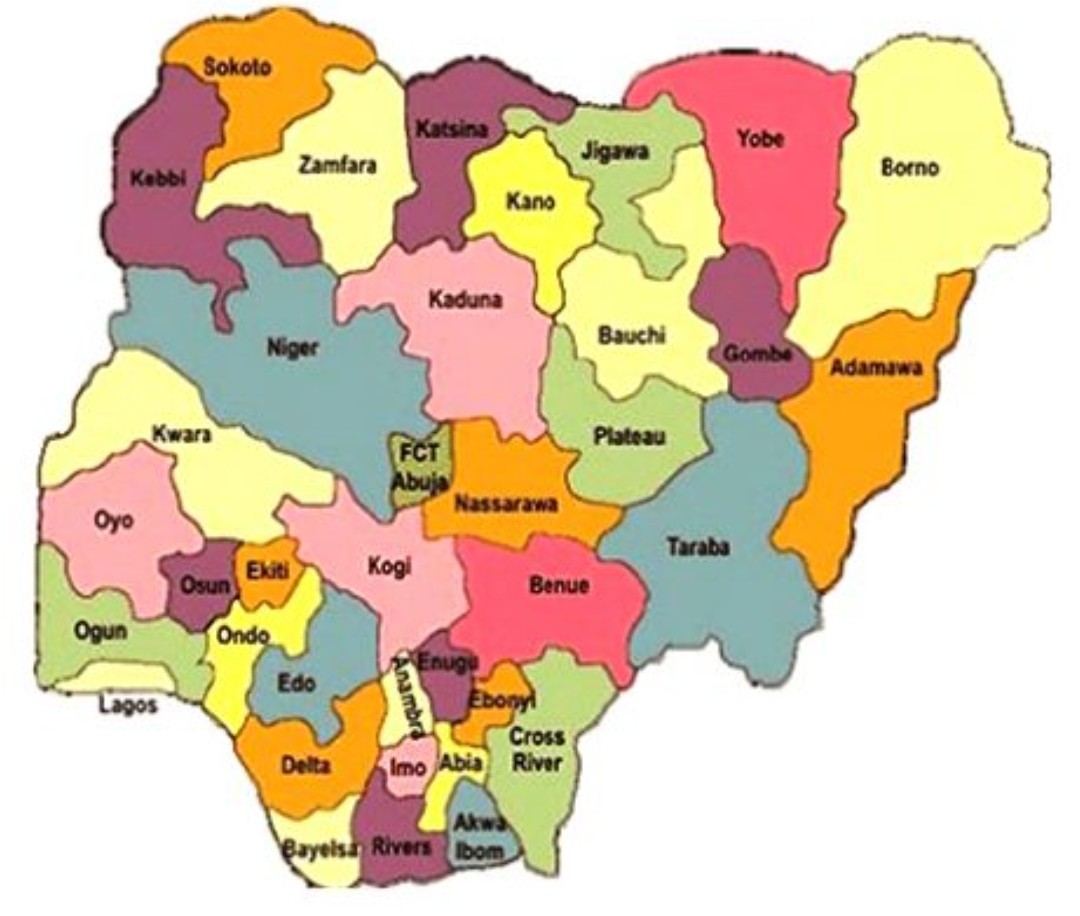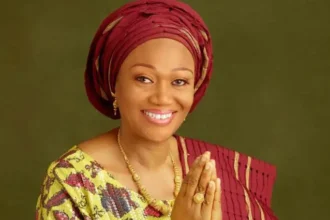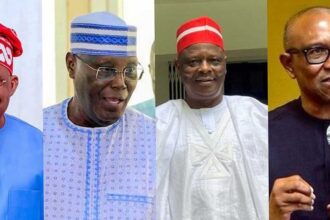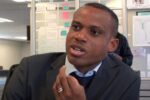By Ernest Osogbue
It has become imperative for us as a people to sit down and consider the myriad of problems confronting our nation and start looking at new ways of solving them. According to an analogy espoused by a friend, as an individual, you constantly listen to criticism and regularly evaluate your actions with a view to improving yourself and doing better in life. It follows that if you make an error in a certain situation today; you are not likely to repeat the same error tomorrow when faced with the same situation.
When it comes to our nation, however, the question arises: Why are we constantly repeating the same errors? How come an error made yesterday is repeated in equal measure or that our performance even deteriorates? Everywhere you look, you are confronted by situations that, instead of improving, are getting worse.
Take the just concluded elections, for example, and you begin to wonder at the level of violence that was unleashed on the populace. When you consider the atmosphere of the 2015 elections and that of 2019, the honest conclusion one is forced to draw is that rather than maintain or improve on the 2015 edition, the 2019 elections fall far below the 2015 elections.
All honest citizens must sit down and ask the question: How and why? Does it mean that our democracy rather than improve and cater to the needs of the people is still trapped in the throes of medieval politics of win at all costs? The amount of reported violence resulting in deaths, injuries, arson, and sundry offenses in the 2019 elections is a clear indication that our democracy is under siege and needs to be rescued.
Related to this whole election problem is the issue of creating or finding our own homegrown solutions to our peculiar problems. Ad hoc staff has entered our lexicon, especially at election season. In the four year period between elections, is it not possible to create and train a group of Nigerians on the electoral process, or are we afraid they could be compromised because we have integrity issues?
How come people are not properly trained and given the practical knowledge of the duties they are to perform across professions in our country? How come people are trained only in the theoretical aspects of their job and are then left to stumble through the practical aspects of their duties on the field?
According to a retired police officer friend who enlisted in the Nigeria Police many years ago as a Recruit Constable, his training as a police officer at the Police College was completely unrelated to the practical police duties he had to face after training. He had to start learning on the job how to perform police duties. This same situation readily applies to almost all aspects of our national life.
I met a novelist who studied literature up to the master’s degree level, and according to him, not once was he taught how to write a story throughout his studies. He was only taught how to read and analyze stories written by others, but not how to write his own story.
We all know and agree that there is a leadership problem at all levels in our country, as citizens do not demonstrate the expected patriotism, decorum, and responsibility required of them, especially in public office. We equally all agree that there is an electricity problem due to decayed infrastructure, a lack of capacity, and a general lack of competence in the electricity generation and distribution industry. There is equally the general poor infrastructural development in our country and then, of course, the hydra-headed monster of corruption.
The question then is: What are we being taught in all the schools we are attending, when we can not find practical solutions to these problems? I opened the notebook of my seven-year old son who’s in primary two the other day, and all I saw were assignments far above his comprehension and nothing to help his mental development. I have discovered that schools adopt high sounding words and outlandish teaching methods in a bid to bamboozle parents into believing that their children are studying at a high level.
This scenario exists in most private schools. The question arises again: Who designed the curriculum used in Nigerian schools? Are they aware of the technological, scientific, artistic, and leadership challenges facing our country? Why did they not design a curriculum that speaks to our peculiar problems as a nation?
People say that the ultimate essence of education is to bring up citizens whose minds are opened to the global environment. I do not disagree. However, what use is a citizen whose mind is opened to the globe but can not solve a simple problem in his own backyard?
In all developed countries of the world, citizens are trained to solve the problems of their nation, as curriculums are designed targeted at solving the problems of those societies. Elon Musk of Tesla, Jeff Bezos of Amazon and Mark Zuckerberg of Facebook, to name a few, were all trained in America to think America and proffer solutions to the problems of America. It is in the process of providing solutions to peculiar American problems that they acquired global recognition and not the other way around.
How does our country grow and become a leading nation in the world when our schools can not ingrain us with innovative ideas? Of what use are schools, if they are not programmed to train Nigerians to proffer solutions to the peculiar needs of our society?
Everywhere you look, the impression you get is that our school system is targeted at producing certificated illiterates as that is all we brandish after schooling: empty certificates, no knowledge, no class, no decorum and no problem solving abilities.
As a matter of national emergency and of immediate implementation, the current curriculum used by Nigerian schools from kindergarten to the university should be ripped to shreds and thrown in the trash bin. A new curriculum that takes cognizance of our national challenges and is aimed at training and grooming our people to understand and provide solutions to our problems must take its place.
Only when this is done would our march towards advancement and an egalitarian society begin to take root.









